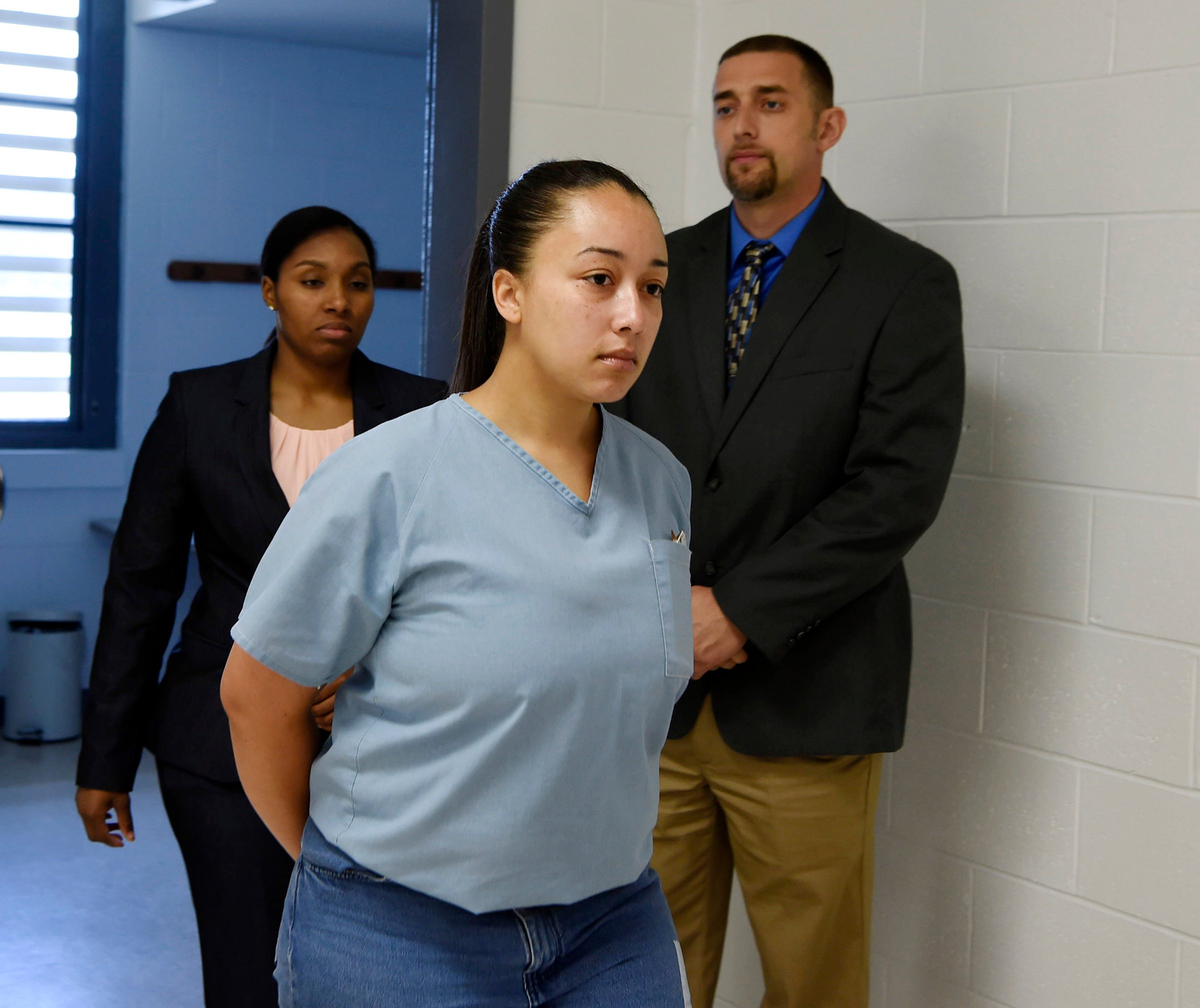
When we talk about survivors of sexual violence, there’s a picture people tend to paint. They don’t think about young women like Cyntoia Brown, who was pulled into sex work as a child and, at 16, found herself in a position where she took the life of somebody else to save her own. Now 30, she has spent nearly half her life in prison. It sounds unbelievable that a child who was trafficked would receive essentially a life sentence. But when you see someone like Cyntoia as an adult and a criminal, not as a child and a victim, your orientation to the crime is different.
If we’re going to address the issue of sexual violence, people have to understand what we’re dealing with. Talking about Cyntoia Brown opens up space to talk about what’s happening under our noses, every day, all around us. It took a lot of work to get her this clemency, granted on Jan. 7 by outgoing Tennessee Governor Bill Haslam. It took organizing en masse to get one victory. But there are so many Cyntoia Browns around the country. My hope is that her story will shine a light on this problem.
Burke, a 2018 TIME 100 honoree, founded the #MeToo movement
More Must-Reads From TIME
- The 100 Most Influential People of 2024
- The Revolution of Yulia Navalnaya
- 6 Compliments That Land Every Time
- What's the Deal With the Bitcoin Halving?
- If You're Dating Right Now , You're Brave: Column
- The AI That Could Heal a Divided Internet
- Fallout Is a Brilliant Model for the Future of Video Game Adaptations
- Want Weekly Recs on What to Watch, Read, and More? Sign Up for Worth Your Time
Contact us at letters@time.com